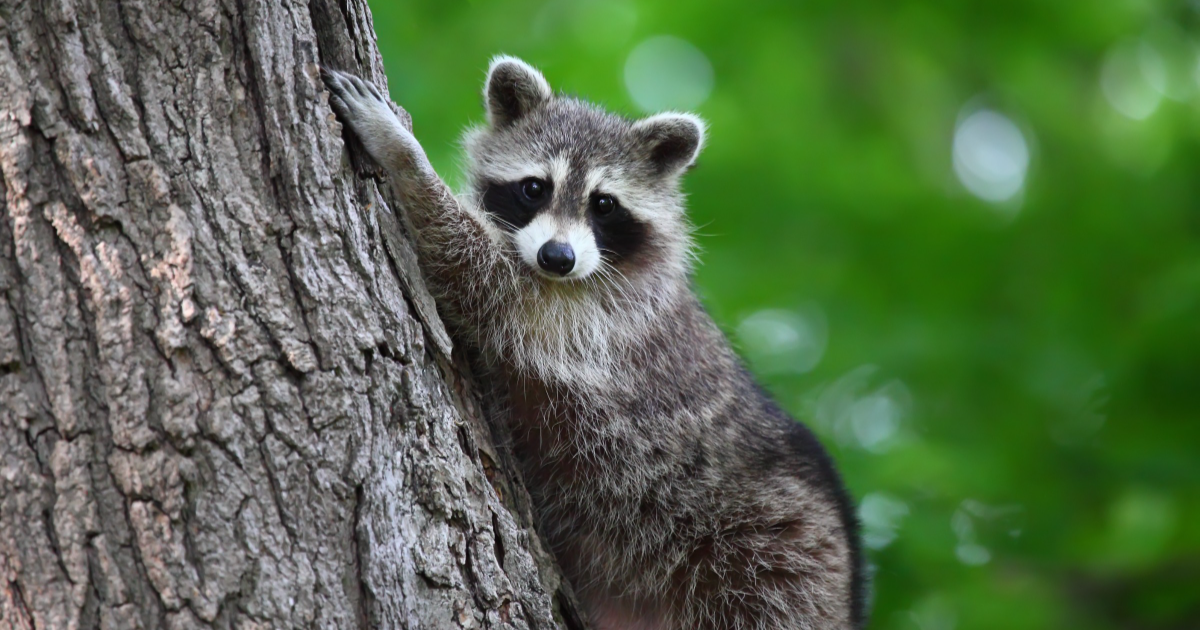
How Far Will a Raccoon Travel to Return Home?
Raccoons are incredibly resilient and resourceful creatures that have adapted to survive in a variety of habitats. They are well known for their ability to thrive in both urban and rural environments, and they often make their homes in close proximity to humans. One of the most remarkable things about raccoons is their homing instinct. If a raccoon is relocated, it will often travel great distances to return to its home territory.
Raccoon Homing Instincts
Raccoons have a strong homing instinct, which is believed to be driven by a combination of factors. First, raccoons are territorial animals, and they establish home ranges that they defend against other raccoons. Second, raccoons have a keen sense of smell, which they use to navigate their environment and locate their home. Finally, raccoons are social animals, and they often form strong bonds with their family members and other members of their group. This social bond can also motivate raccoons to return to their home territory.
How Far Will a Raccoon Travel to Return Home?
The distance that a raccoon will travel to return home depends on a number of factors, including the age of the raccoon, the distance from its home territory, and the availability of food and water along the way. However, studies have shown that raccoons can travel up to 15 miles per day to return home. In one study, a raccoon that was relocated 30 miles from its home territory traveled back in just three days.
Tips for Helping a Raccoon Return Home
If you find a raccoon that has been relocated, there are a few things you can do to help it return home. First, try to determine where the raccoon’s home territory is located. You can do this by looking for signs of raccoon activity, such as tracks, droppings, or dens. Once you have determined the raccoon’s home territory, you can release it there. If the raccoon is too young to survive on its own, you may need to contact a wildlife rehabilitator for assistance.
FAQs About Raccoon Homing Instincts
- Q: How long can a raccoon survive without food and water?
- A: Raccoons can survive for up to two weeks without food and water, but they will become weak and dehydrated.
- Q: What are the signs of a raccoon den?
- A: Raccoon dens are typically located in trees, abandoned buildings, or under sheds or porches. They are often made of leaves, twigs, and other materials.
- Q: How can I tell if a raccoon is sick or injured?
- A: Sick or injured raccoons may exhibit a variety of symptoms, such as lethargy, loss of appetite, difficulty breathing, or open wounds.
Conclusion
Raccoons are remarkable creatures with a strong homing instinct. If a raccoon is relocated, it will often travel great distances to return to its home territory. If you find a raccoon that has been relocated, you can help it return home by determining where its home territory is located and releasing it there.
Are you interested in learning more about raccoons and their homing instincts? Let us know in the comments below!

Image: thefurbearers.com

Image: thefurbearers.com
Relocating Raccoons – Release them into the Wild Jul 8, 2022Unfortunately, raccoons can travel over six kilometres in a single day, and a relocated raccoon will easily find their way back to your home to exact its revenge! Some people think that raccoons can just be moved anywhere and survive, but unfortunately, that’s not the case. Raccoons have a home range and they adapt to living in that range.